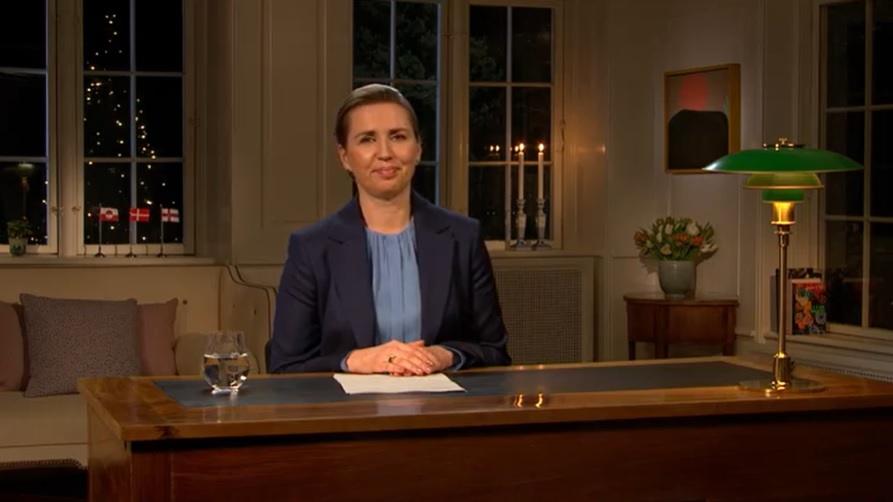Denmark to Tax Carbon Emitters, Targets 100% Green Domestic Aviation
In her annual new year’s address on Saturday, Denmark’s Prime Minister Mette Frederiksen introduced a new set of climate initiatives for the country, including plans to accelerate green domestic aviation and to tax carbon emitting companies.
Frederiksen dedicated the first few minutes of her speech to the country’s climate approach, and lauded Denmark’s position as a “green pioneer.” Denmark’s current climate targets include achieving 70% emissions reductions by 2030 and climate neutrality by 2050.
Calling on the country to continue taking the lead on climate, Frederiksen said:
“When other countries in the world are too slow. Then Denmark must take the lead. And raise the bar even more.”
The new aviation goals announced by the Prime Minister include providing Danes with domestic options for green flights by 2025, and moving to all green domestic flying by 2030.
The aviation industry has come under scrutiny as a significant source of greenhouse gas (GHG) emissions, responsible for 2-3% of global emissions, with that figure potentially rising dramatically over the coming decades if no action is taken. Several initiatives are being pursued in order to address the climate impact of the industry, typically involving efforts to improve aircraft efficiency, develop sustainable aviation fuels, or create aircraft utilizing low or zero carbon propulsion systems such as electric or hydrogen-based.
Acknowledging that more work needs to be done in order to reach the new aviation targets, Frederiksen said:
“Will it be difficult? Yes. Is it possible? Yes I think so. We are already on our way. Skilled researchers and companies are working on the solutions.
“If we succeed. Then it will be a green breakthrough. Not just for Denmark. But for the whole world.”
The Prime Minister also discussed plans to make companies responsible for paying for their carbon emissions, with plans to introduce a “new and ambitious tax on CO2” this year. Frederiksen added:
“The Danish principle that the widest shoulders should carry the most. This must also apply in the green transition: If you emit CO2 – then you have to pay.
“That is the most reasonable thing.”





